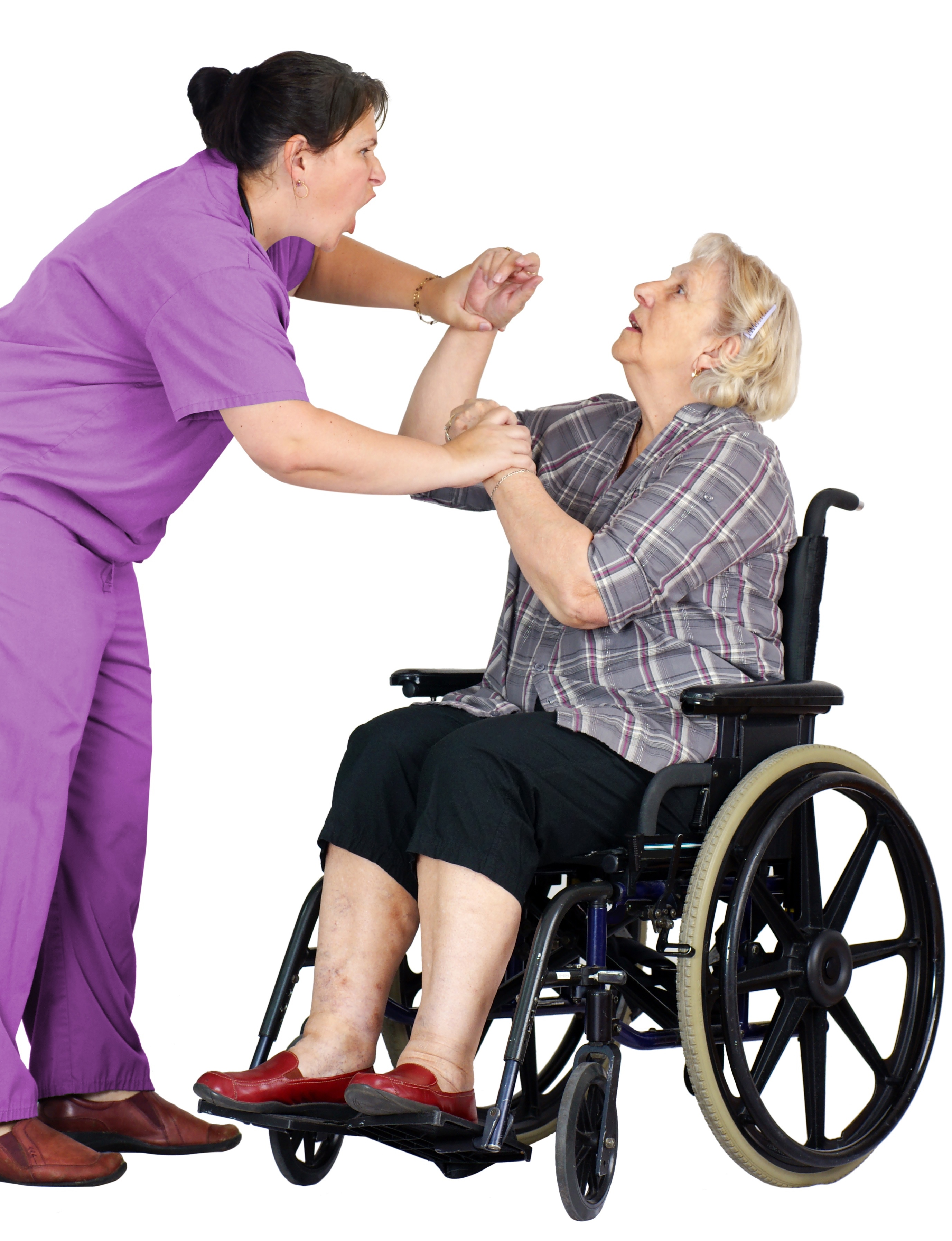 Elder abuse. It is a buzz phrase being used all across the media. Every day there are news reports of the elderly being mistreated by family members, or nursing home staff responsible for their welfare. These senior citizens are being physically neglected, abused, emotionally tormented, or financially exploited. Social media outlets – Facebook, Google Plus, and Twitter – are alight with campaigns and events, urging the public to take a stand. End Elder Abuse!
Elder abuse. It is a buzz phrase being used all across the media. Every day there are news reports of the elderly being mistreated by family members, or nursing home staff responsible for their welfare. These senior citizens are being physically neglected, abused, emotionally tormented, or financially exploited. Social media outlets – Facebook, Google Plus, and Twitter – are alight with campaigns and events, urging the public to take a stand. End Elder Abuse!
The Administration on Aging (AoA), an agency of the Administration for Community Living (ACL), is sponsoring the Year of Elder Abuse Prevention (YEAP). The goal is to raise awareness about elder abuse, neglect, and exploitation.
How do you recognize elder abuse, and what can you do about it?
In the state of Michigan, elder abuse is defined as “behaviors committed against an elder or vulnerable adult who is unable to protect himself or herself due to a mental or physical impairment or due to advanced age.”
What are these behaviors, and what are the warning signs?
Neglect
- Inadequate food, clothing, and shelter
- Lack of medical needs; medications, hearing aids, dentures, glasses, walkers
- Lack of supervision for those with dementia and poor safety awareness
- Bed sores and pressure ulcers from being confined to a bed
- Inadequate facilities for people living at home; no heat, electricity, plumbing, stove, refrigerator
Physical Abuse
- Unexplained injuries; bruises, cuts, burns, broken bones, sprains
- Delays in getting medical care for injuries or illnesses
- Unexplained sexually transmitted diseases
Emotional Abuse
- Unusual changes in an elderly person’s behavior or mood
- Caregiver isolates an elderly person from friends and family
- Caregiver seems aggressive, controlling, or uncaring
Financial Exploitation
- Lack of basic, affordable comforts in an elderly person’s home; food, clothing, utilities, phone
- Denying needed services to conserve funds
- Selling an elderly person’s property or assets without permission
- Signing or cashing social security or pension checks without permission
- Unusual expenses being paid from an elderly person’s accounts (Flint, MI Woman Embezzles from Dementia Patient)
As the “baby boomer” generation ages, elder abuse is expected to become a more widespread problem. According to the Administration on Aging, by 2030, there will be about 72.1 million older people, comprising almost 20 percent of the total population. That is nearly twice as many as in 2007. Larger numbers of family members will have to make tough decisions about how to care for aging parents who may suffer from dementia or have physical limitations.
How can family and friends of an elderly person protect them from abuse?
Advocate and Offer Help
- Know the signs of elder abuse
- Regularly visit, talk to, keep in contact with elderly family members and friends
- If you know someone who is a caregiver, offer to fill in for them for a few hours so they can take a break
- Volunteer at a nursing home, long-term care facility, or meal delivery service
- Talk about the signs of abuse and how to get help with family and friends who have elderly loved-ones
Report Abuse
- Michigan Department of Human Services, Adult Protective Services
- Statewide 24 hour hotline 1-855-444-3911
- If you suspect abuse, neglect or exploitation of a resident of a nursing home by another resident or by a nursing home employee, notify the Bureau of Health Services Abuse Hotline 1-800-882-6006
- If it is an emergency, contact 911 immediately
Learn More
- Visit the Administration on Aging website
- State of Michigan Safety for Seniors resources
- Oakland County, Michigan’s SAVE Task Force Elder Abuse Prevention Help Is Out There booklet